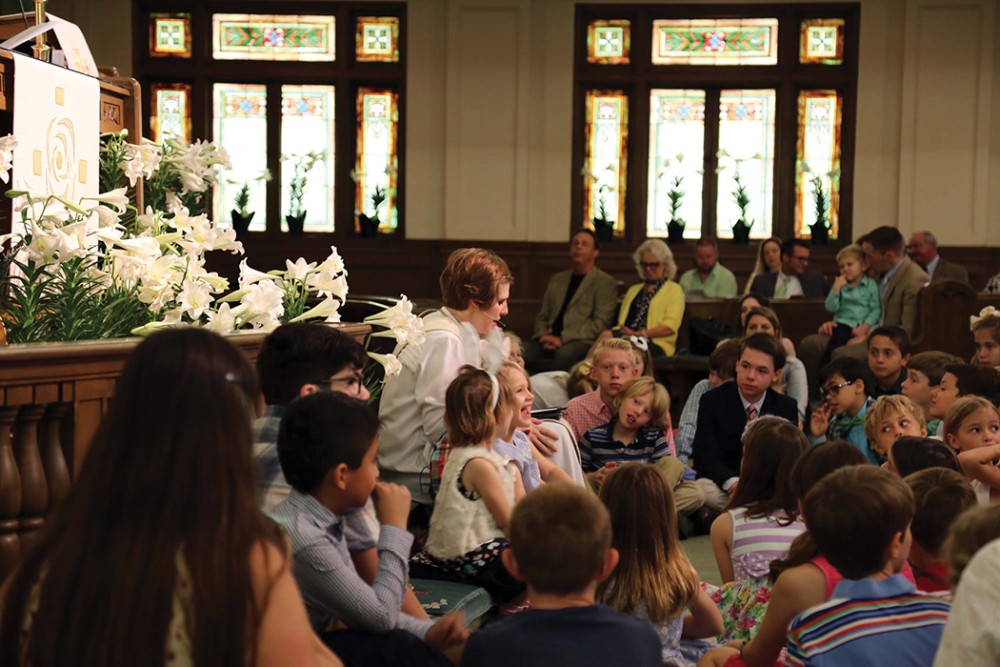Three United Methodist pastors and their delight in ministry
A visit to three congregations around Austin, Texas

Near where I work, there is a pastor of a newly flourishing church who wears a kilt. I am not saying the kilt is key to his ministry, but my sense is that it makes him happy—and that a delighted minister is better positioned to reach out to a world jaded about or hostile to faith.
I thought of this pastor while I was visiting Austin, Texas, recently. Delight in ministry appears to be key to the flourishing of several United Methodist congregations in the area.
First UMC of Austin comes straight out of central casting for a downtown church. The main building is a grand lookalike of the US Supreme Court building. Lawyers use First UMC’s ornate Greek Revival columns as a backdrop for their website photos. The church sprawls across two blocks of prime real estate with the Texas state capitol looming behind it. Anne Richards, the former governor of Texas, was a longtime member at First, and the church has many other politicians as members. For decades the church was where people went to put in an appearance. “One of my older ladies still harasses me when I don’t wear lipstick,” pastor Taylor Meador Fuerst said.




